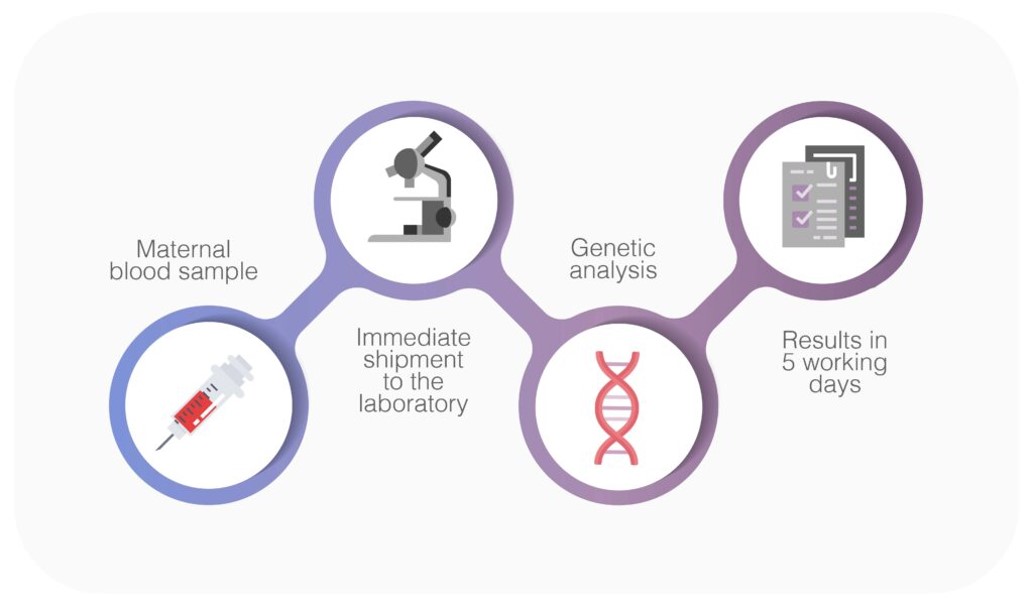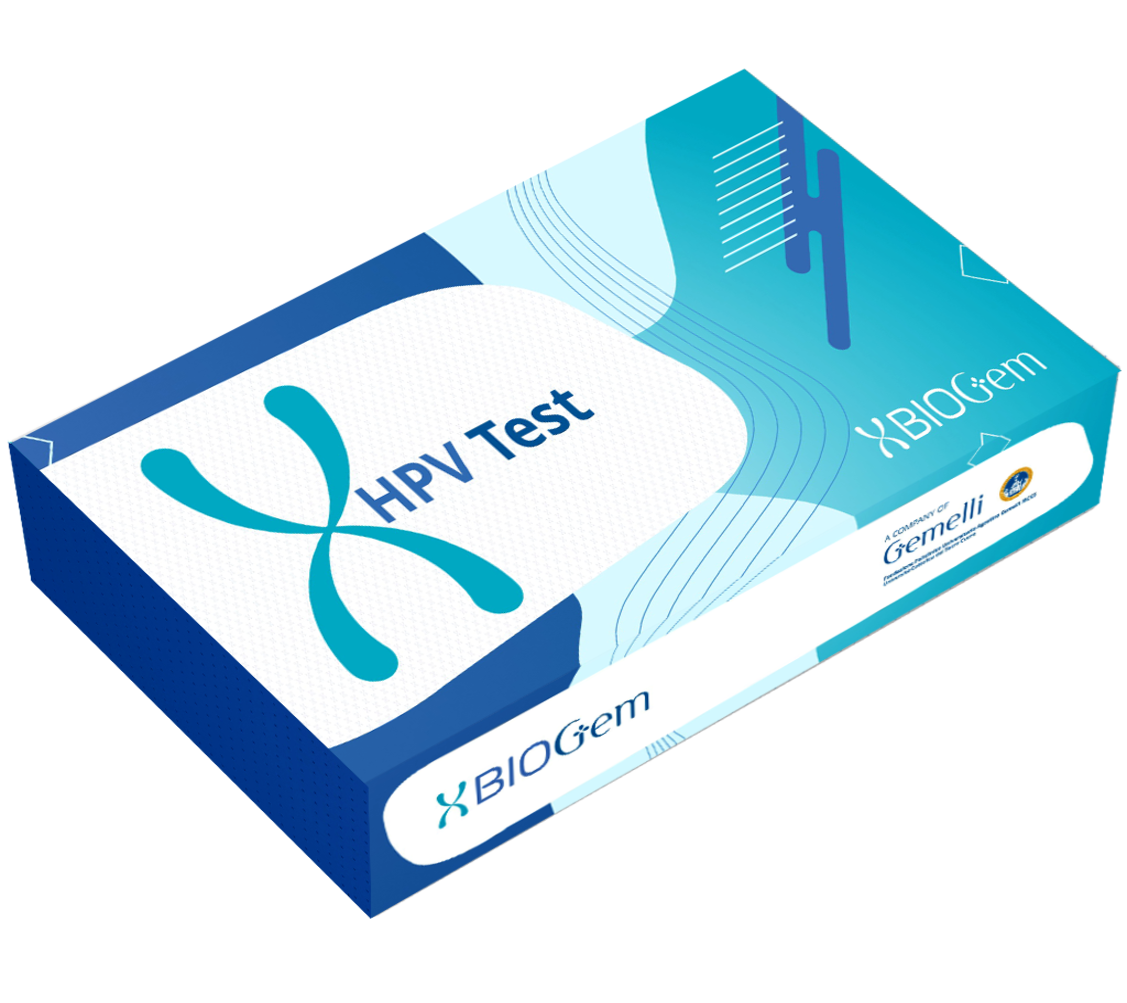PregnancyLoss
pregnancyLoss is an advanced test that allows you to determine whether there is an underlying genetic cause in cases of miscarriage.
PregnancyLoss: PAGE UNDER CONSTRUCTION
PregnancyLoss can be performed starting from the 5th week of gestation, providing essential information for reproductive genetic counseling, establishing the risk of presenting the same alteration in future pregnancies.
Per prenotare PregancyLoss invia una mail a customerservice@xbiogem.it
What it analyses

In the abortion phase, the placental tissue continues to release free fetal DNA into the maternal bloodstream, making it possible to carry out non-invasive investigations right after the spontaneous termination of pregnancy detected by ultrasound, even for very small fetal fractions.
The screening of aneuploidies and CNVs (Copy Number Variants) through the PregnancyLoss test allows us to obtain useful information for reproductive genetic counseling of women without the need for culture in aborted remains, starting from the 5th week of gestation.
The test studies the following fetal chromosomal anomalies:
The test is analyzed at the Veritas Intercontinental laboratory
How does it work

F.A.Q. PregnancyLoss
Pregnancies in which there has been spontaneous interruption of fetal development, anembryonic sacs, lack of fetal heartbeat or ongoing abortion.
Before carrying out the test, it is particularly advisable to undergo a consultation with a specialist, to discuss the purpose and implications of the possible results that will result from carrying out the test.
The test is performed with a simple sample of maternal blood and must always be prescribed by a specialist. From the arrival of the sample in the laboratory, the result is available in 5 working days.
It must be done as soon as possible after confirmation of the termination of the pregnancy, and in any case before performing the curetage.
PregnancyLoss determines the risk of fetal chromosomal abnormalities. Results may be consistent with "absence" of abnormalities in the analyzed chromosomes or with "presence" of abnormalities. The anomalies reported can be: monosomies, trisomies, multiple aneuploidies, partial deletions or duplications greater than 7Mb. Furthermore, the percentage of fetal DNA (fetal fraction) is reported.
Occasionally the test result may be inconclusive, for example, if the amount of fetal DNA is insufficient to complete the study within established performance parameters.
€ 500
It is possible to request reimbursement in the form of indirect compensation, however it is advisable to first check with your health insurance whether the service is reimbursable.
You can contact XBIOGem on 06 3015 8224 from Monday to Thursday from 8.30 a.m. to 4.00 p.m. and on Friday from 8.30 to 2.00 p.m..

